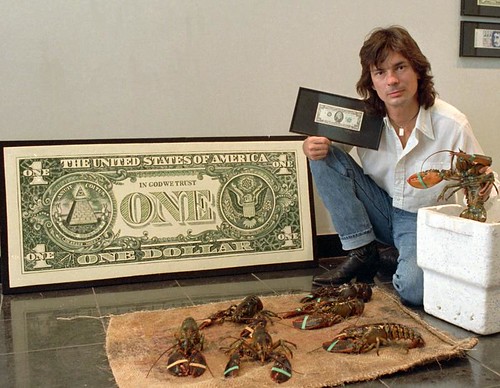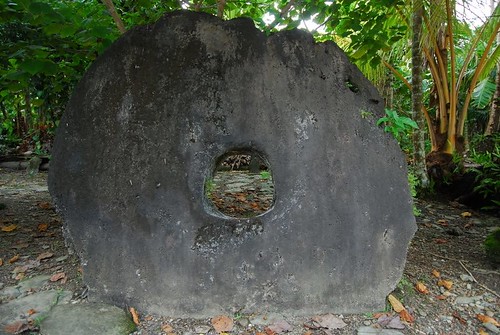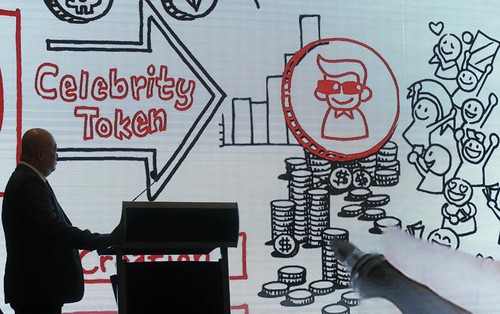
PREV ARTICLE
NEXT ARTICLE
FULL ISSUE
PREV FULL ISSUE
AUDIO: THE STORY OF MONEYArthur Shippee forwarded this trio of stories about money from the WNYC On the Media radio program, which aired October 12, 2018. Thanks! -Editor Ten autumns ago came two watershed moments in the history of money. In September 2008, the bankruptcy of Lehman Brothers triggered a financial meltdown from which the world has yet to fully recover. The following month, someone using the name Satoshi Nakamoto introduced BitCoin, the first cryptocurrency. Before our eyes, the very architecture of money was evolving — potentially changing the world in the process. In this hour, On the Media looks at the story of money, from its uncertain origins to its digital reinvention in the form of cryptocurrency. 1. The life and work of JSG Boggs, the artist who created hand-drawn replicas of currency that he used to buy goods and services. With Lawrence Weschler and MIT's Neha Nerula. 2. A brief history of money with UC Irvine's Bill Maurer and Mark Blyth from Brown University. 3. How cryptocurrency could shape the future of money, with MIT's Neha Nerula, New York Times' Nathaniel Popper, Vinay Gupta of Mattereum, Brown University's Mark Blyth and artist Kevin Abosch. To read the complete article, see: Give them a listen - these are well-done and thought-provoking pieces about the nature of money itself. The first segment is about money artist J.S.G. Boggs. -Editor  Artists, it seems, can at times create money out of thin air. Think of Damien Hirst exploding the art market in the 1990s with dead animal displays and spin-art paintings, of Andy Warhol printing a sheet of 2 dollar bills. Jackson Pollack, it’s said, used to settle his bar tab with paintings. And then there was J.S.G. Boggs, who would create astonishingly detailed replicas of existing currency, from the US dollar to the British pound to the Swiss Franc, and then use them to pay for goods and services. Bob speaks with Boggs's biographer Lawrence Weschler, author of Boggs: A Comedy of Values, about how Boggs used his artwork to explore fundamental questions about the nature of money. He also speaks with the MIT Digital Currency Initiative's Neha Nerula about money's underlying value. The second piece concerns how money came to be, and it pokes a hole in the concept of barter as the origin of money. "In the beginning was not the coin, but the receipt." -Editor  Most schoolchildren learn that money arose when barter proved insufficient for meeting everyday trade needs. People required more complex transactions, so they invented currency: a medium of exchange, unit of account and store of value. It's a compelling story...but a false one. Instead, most evidence suggests that money arose from recordkeeping — or, as UC Irvine professor Bill Maurer explains to Bob, "in the beginning was not the coin... in the beginning was the receipt." In this segment, Bob speaks with Maurer and Brown University's Mark Blyth about past and present myths about money, and what the history of money might suggest about its future. The last piece is about the development of cryptocurrency. -Editor  The economy is the ultimate exercise in collaboration — with collaborators you don’t necessarily choose, such as governments, which can impoverish you with the stroke of a pen. In response to this vulnerability, a person (or persons) working under the name Satoshi Nakamoto launched Bitcoin, a peer-to-peer currency with a fixed number of tokens, built on a distributed, indelible ledger. Ten years into the life of the cryptocurrency, it has a market cap in the billions of dollars, and has given rise to thousands of copycat and competitor currencies, all built on their own communities and visions of the future. But in many ways, the underlying principle — faith — is as central to the value of money as ever. Bob speaks with Vinay Gupta, Nathaniel Popper, Neha Nerula, Mark Blyth and Kevin Abosch about how cryptocurrency fits into the evolution of money.  Wayne Homren, Editor The Numismatic Bibliomania Society is a non-profit organization promoting numismatic literature. See our web site at coinbooks.org. To submit items for publication in The E-Sylum, write to the Editor at this address: whomren@gmail.com To subscribe go to: https://my.binhost.com/lists/listinfo/esylum All Rights Reserved. NBS Home Page Contact the NBS webmaster 
|